This Ultrathin Bendable Glass Is The Future Material For Foldable Phones And More
Dhir Acharya - Dec 06, 2018
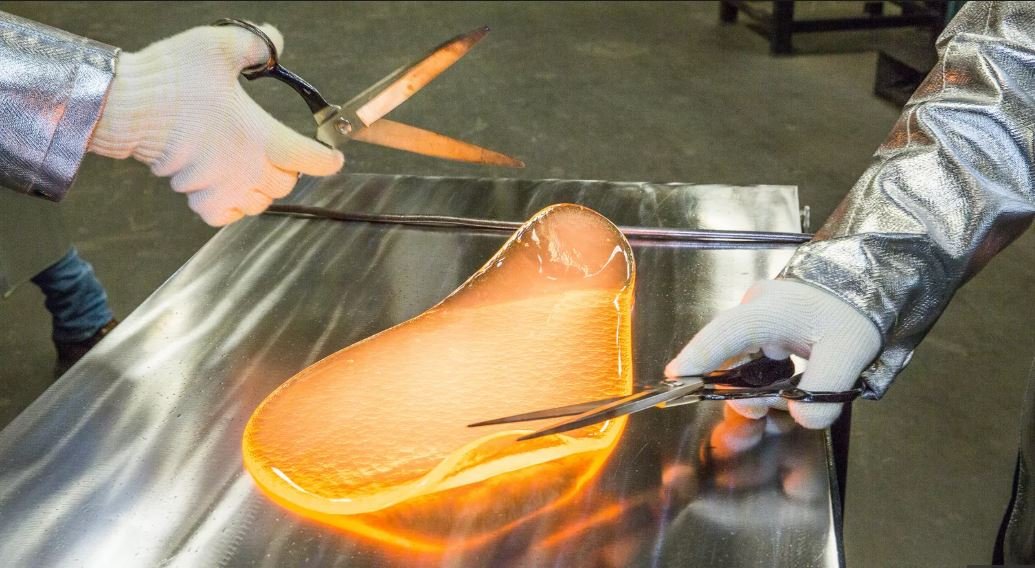
Corning, a hundred-year-old glass company has created an ultrathin glass that can bend like plastic.
- Google May Be Working On A Foldable Phone That Looks Like This
- Huawei Mate X2, The Next Foldable Phone, Will Come Out On February 22
- Apple Is Working On Two Foldable iPhone Prototypes
For over a hundred years, Corning has been making glass to shield gadgets.
Founded in the 19th century, the company developed heat-resistant glass used in light bulbs and lanterns. In the 20th century, Corning started making TV tubes; and now in the 21st century, many of the phones we use a shielded with Corning glass.
But along with the development of technology, Corning has had to create certain advancements for its glass, from heat-resistant to scratch-resistant, and tough to shatter.
And with the upcoming foldable smartphones, the company is pushing the furthest limit to which glass can bend.
Creating the perfect recipe
The recipe for making glass involves two key ingredients: sand and very much heat.
However, you will get different types of glass when adding other elements, changing the heating temperature or cooling time.
Based on this, Coring has made glass with different properties to serve various purposes. For instance, Gorilla Glass for phones are made to resist falls and scratches, windshield glass shatters into tiny fragments instead of sharp shards, and glass used in labs is made with certain stability to avoid interaction with the mixture of chemicals it contains.
It’s actually about learning to monitor the dimensions, optics, chemical composition, physical properties and electromagnetic properties of glass, said Corning senior vice president Jeff Evenson.
First, Corning tests its new recipes at the test kitchen, where there are giant furnaces arranged in rows, their temperatures can reach up to over 1,800 degrees F (982 degrees Celsius), even hotter than a volcano.
Then, the testers put the nix into a crucible, shaped like a cauldron, and place it inside the furnace like a pizza using long metal prongs to avoid the heat. Whoever stays around the furnaces has to wear a mask, and a fire silver suit and others who watch have to wear dark glasses for eye protection.
Using bendable glass
Apparently, foldable smartphones will be the trend in 2019 with the unveiled FlexPai from Royole and the upcoming foldable Samsung Galaxy. While we have long got the flexible OLED screen, this type of device won’t work without similarly bendable glass shield.
This is the reason why Corning is working hard to maximize the ability to bend of glass.
Polly Chu, Corning’s director of technology, shared that for the minimum bending radius, the glass has to be as thin as possible, and in their lab, there are some types of glass which are even thinner than a human hair.
The ultrathin glass Corning’s talking about is approximately 0.1mm thin and is able to bend in half like a paper sheet with a radius of 5mm. A few years ago, Corning did make some bendable glass, the Willow, but this one is much thinner and much more flexible.
The ultrathin piece of glass actually feels like a thin piece of plastic in hand.
The industry is also thinking of plastic to cover foldable smartphones, but with people’s demand for great feeling in the hand, good optical properties, drop resistance, scratch resistance, etc., Corning’s ultrathin glass seems like a much better choice since it can retain its integrity as well as color.
However, the glass we see here is not the final product yet, so perhaps you won’t see it on any foldable phone in anytime soon. The FlexPai to be released this December makes use of plastic for its foldable screen while Samsung is likely to use a transparent polyimide alternative.
Corning Gorilla Glass vice president John Bayne said that the foldable opportunity is still unclear; for now, we need to try with different material options to find out the right one.
Glass takes the driver’s seat
Screens are featuring in more than just TV and cell phones, producers in other industries are seeking to cover their display with glass.
And soon Corning will head to the seats in autonomous cars for both drivers and users’ purposes. Mike Kunigonis, Corning Automotive Glass Solutions vice president, said that designers are working to bend the displays inside a car around the driver and its passengers.
The company has been developing curved dashboard screens to wrap around the cockpit as well as textured glass with the capability to mimic wood and other surfaces for car interiors.
Corning uses “dead front,” a technology that allows hiding controls underneath the textured glass, the controls only show up when the glass is backlit. Thanks to this, they can blend into the console and merge into a dashboard seamlessly.
With this technology, manufacturers can even turn car windows into backlit touch displays.
Plus, when there is more glass in the seat of the driver, it is crucial to maintain good visibility for safety. As a result, Corning is working to create an anti-reflective coating for its glass which can reduce the traces of fingerprints and significantly improve the glare.
The glass firm is also developing more durable glass for the car’s exterior. Corning has cooperated with car makers to generate windshield glass which is can better resist to hailing and rock chips.
Besides Porsche, BMW, and Ford that are already using Corning’s glass for their new models, another 50 companies are expected to roll out the new glass in the coming 18 months.
The future of glass
Corning believes glass will reach beyond phones and cars with an increasingly important role in technology development, which will unlock the secret potentials of this material.
Scientists have so far generated silica from the incorporation of about 50 elements on the periodic table, just think what we can do with the whole table.
Featured Stories

Features - Jul 01, 2025
What Are The Fastest Passenger Vehicles Ever Created?

Features - Jun 25, 2025
Japan Hydrogen Breakthrough: Scientists Crack the Clean Energy Code with...

ICT News - Jun 25, 2025
AI Intimidation Tactics: CEOs Turn Flawed Technology Into Employee Fear Machine

Review - Jun 25, 2025
Windows 11 Problems: Is Microsoft's "Best" OS Actually Getting Worse?

Features - Jun 22, 2025
Telegram Founder Pavel Durov Plans to Split $14 Billion Fortune Among 106 Children

ICT News - Jun 22, 2025
Neuralink Telepathy Chip Enables Quadriplegic Rob Greiner to Control Games with...

Features - Jun 21, 2025
This Over $100 Bottle Has Nothing But Fresh Air Inside

Features - Jun 18, 2025
Best Mobile VPN Apps for Gaming 2025: Complete Guide

Features - Jun 18, 2025
A Math Formula Tells Us How Long Everything Will Live
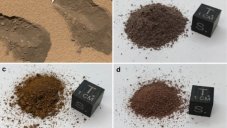
Features - Jun 16, 2025
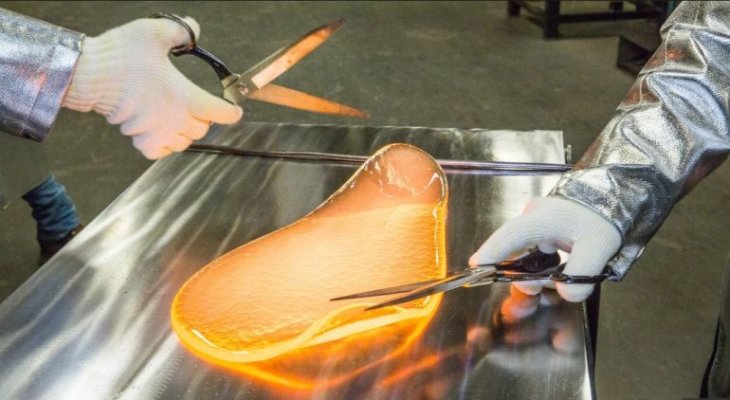
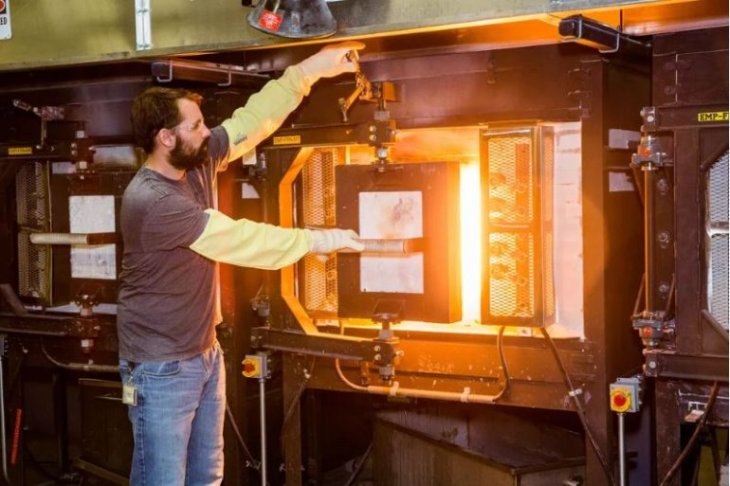
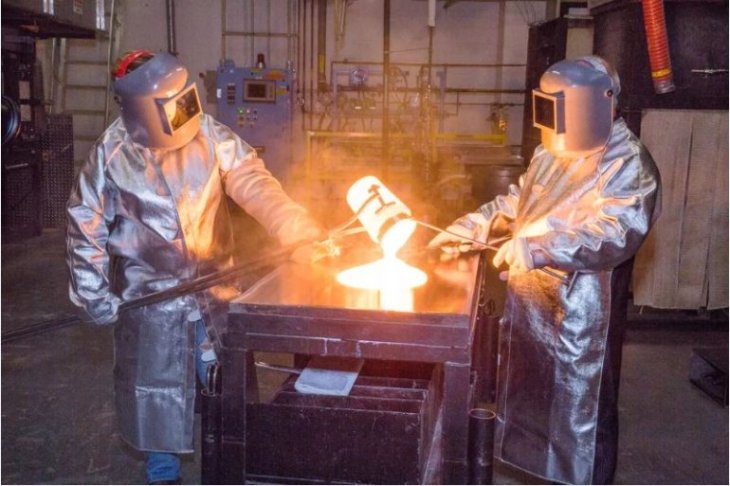
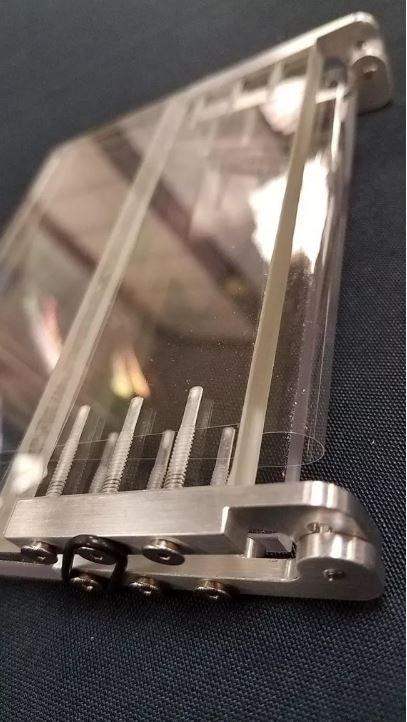
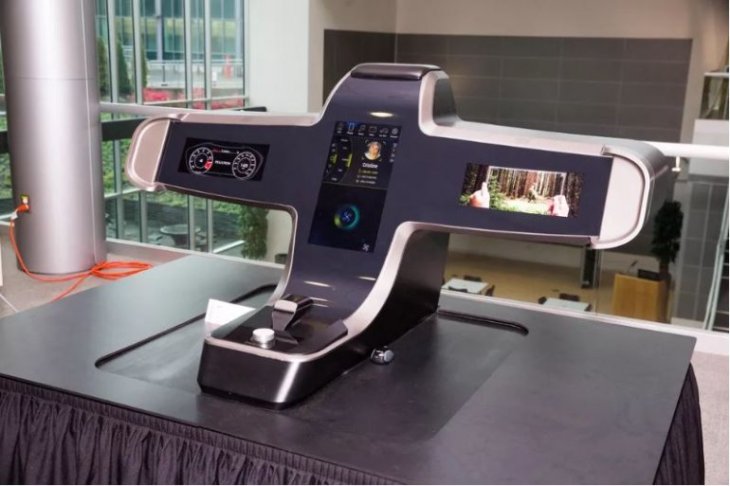
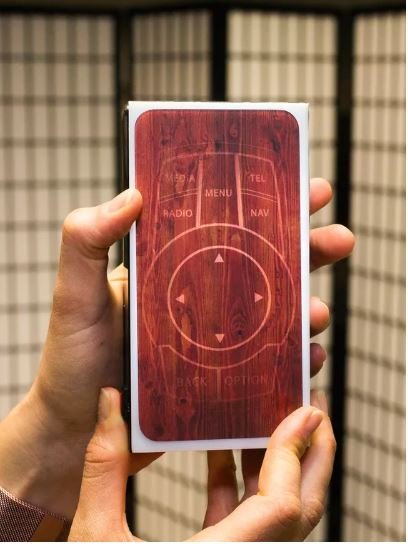
Comments
Sort by Newest | Popular